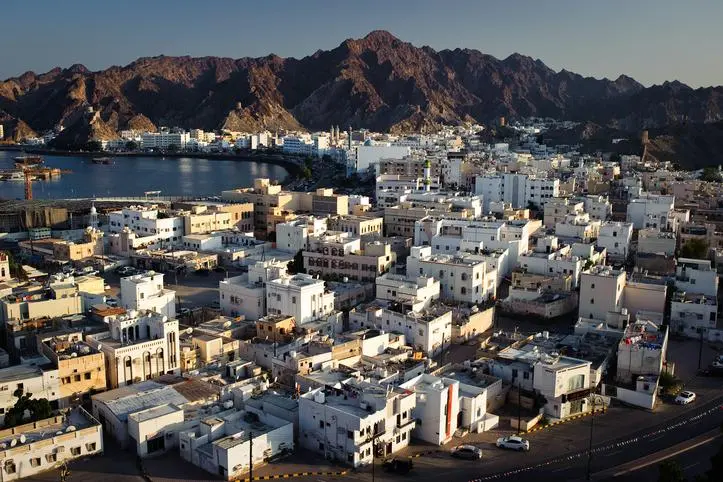PHOTO
Muscat: The government aims to generate 35 per cent of the country’s total revenue from non-oil sources as early as next year.
The move is part of a plan to diversify the economy and increase the sources of the national income. It is a key part of the Ministry of Finance’s Medium Term Fiscal Plan (MTFP), which also aims to provide decent standards of living, build a sustainable economy, and bring the country’s debt levels to a manageable position.
The report lists non-oil sources of income as contributing to 28 per cent of revenue in 2020. This is expected to jump to 35 per cent by next year, and then stay at that level until 2024.
Revenue-raising framework
“The government recognises the need to strengthen the Sultanate’s revenue-raising framework by decreasing its reliance on hydrocarbon revenues,” said the Ministry of Finance report. “Initiatives related to increasing non-oil revenues will have an impact of almost OMR1.4 billion.”
The contribution of non-oil revenue has been measured at OMR488 million for 2020, OMR565 million for 2021, OMR830 million for 2022, OMR1.27 billion for 2023, and OMR1.38 billion for 2024. Called Tanfeedh (Arabic for ‘execution’), Oman’s economic expansion plans have targeted five main sectors: agriculture and fisheries, mining and energy, transportation and logistics, manufacturing, and tourism. It is a key portion of the country’s long-term Vision 2040, which aims to build a strong economy that is capable of adapting to global developments.
“These five areas were chosen because there are abundant resources for these activities in Oman,” said Dr Ahmed Al Hooti, the Head of Economic Research at the Oman Chamber of Commerce and Industry (OCCI).
“It is now important for the government to have a clear plan as to how the development in these sectors will happen.
Need to work together
“The government cannot do this by itself, nor can the private sector, if it thinks it can achieve it alone…it is important for both of these to work together to achieve it,” he added.
“According to the Ministry of Economy, there is a panel being set up, consisting of various government bodies, the private sector, academic institutions, and the OCCI, to see how we can take this forward.”
According to Al Hooti, what is necessary going forward, as part of this diversification drive, is job creation for nationals, one of the priority areas for the government, as well as identify the roles the country’s expatriate labour force is expected to play in the coming years. “Approximately 250,000 foreign workers have lost their jobs in the private sector and left Oman because of the pandemic,” he said.
“It is understandable, because private companies want to keep their costs down right now, but what happens when you need to replace these workers and the economy picks up? Are you going to hire Omanis to fill these roles, or are you going to bring more foreign workers?”
Al Hooti added. “Addressing the situation of unemployment is an important subject, so there needs to be a clear plan here. One of the objectives of expansion of the economy is, after all, providing more jobs to people. But we also have many skilled foreign workers in the country, as well as citizens who will need the skills required to work in a diversified economy, so we need to know how to get the best of our expat labour: they too have an important role to play.”
Incentives provided to companies to help them set up operations in Oman will also bring more business to the country, he went on to say.
“There are many international companies that are looking to expand their operations, and they will consider Oman if the opportunity is there and they are offered incentives to come here,” explained Al Hooti. “If, for example, there are no incentives, then the companies will not arrive in Oman, but go to a neighbouring country instead. We need to make sure that business comes here and stays here.”
© Muscat Media Group Provided by SyndiGate Media Inc. (Syndigate.info).





















